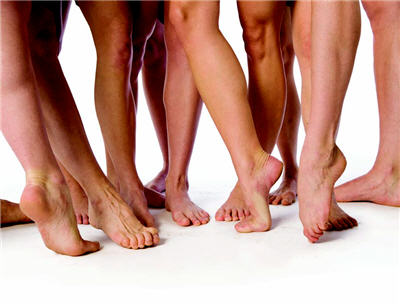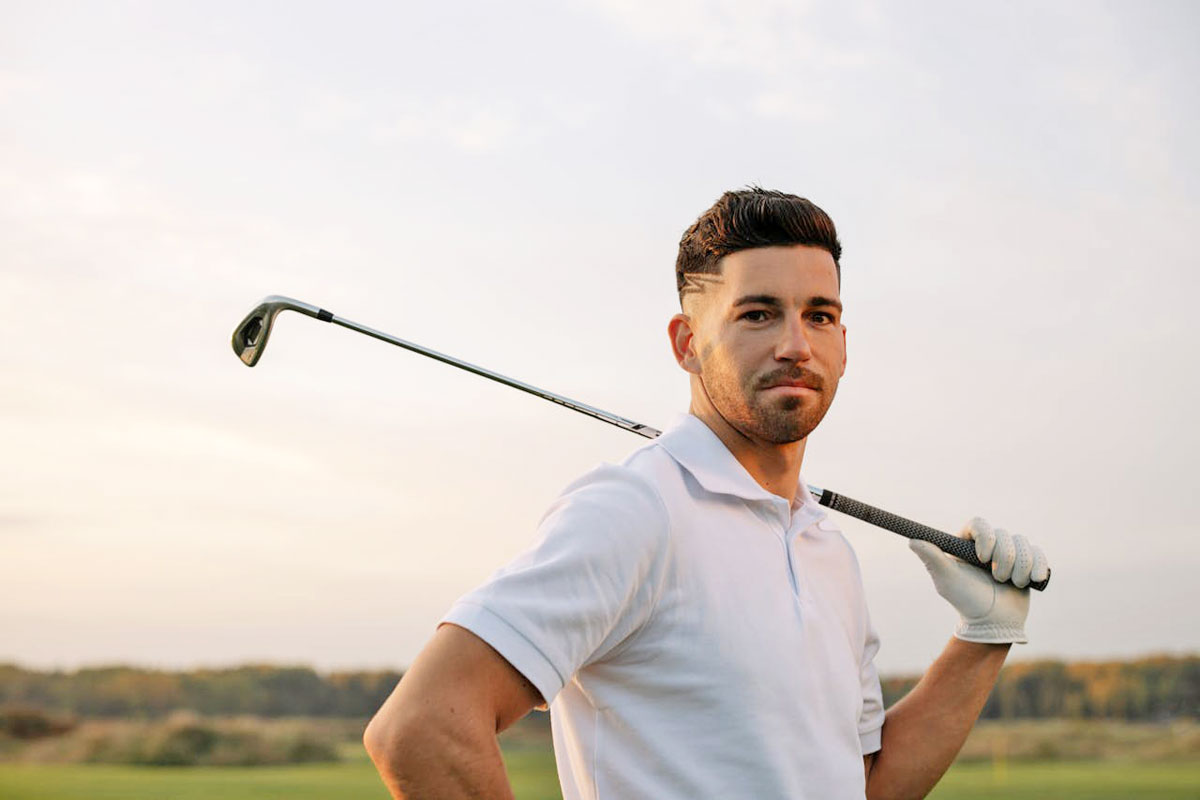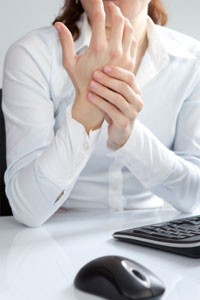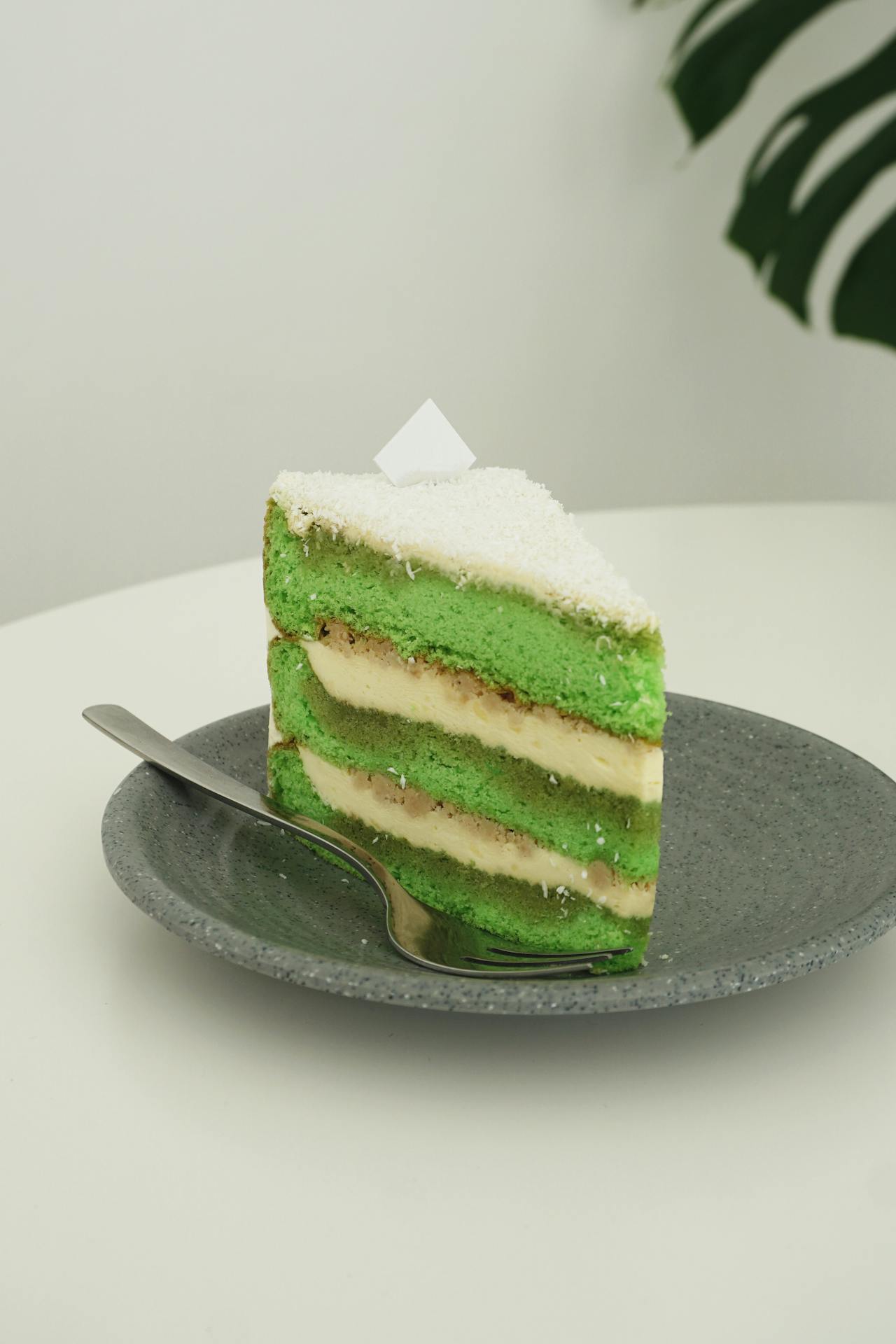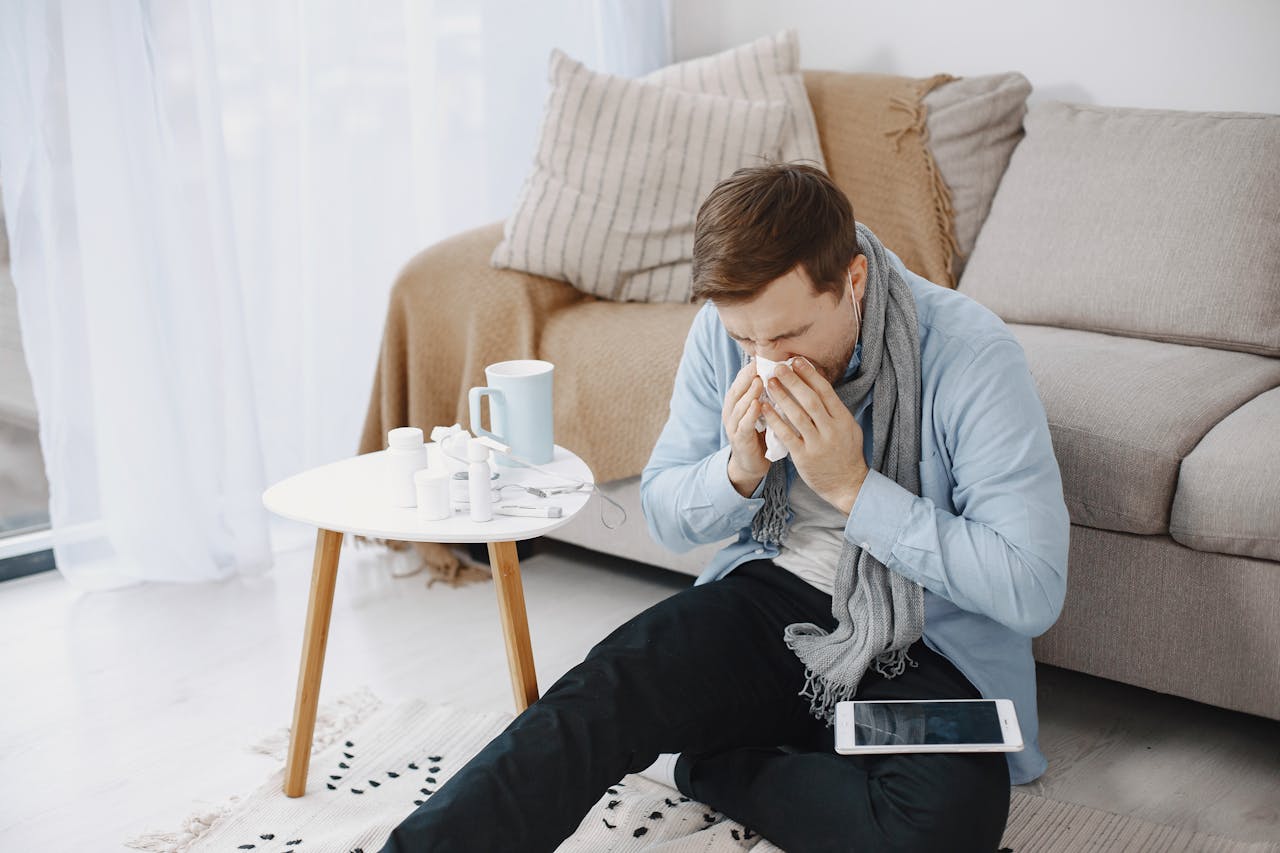The prevalence of vein issues is a significant health concern, affecting a large portion of the population. Research indicates that a substantial percentage of adults experience some form of vein-related problems, with studies suggesting that a considerable number of American women and men are affected by aging veins. While these issues can affect both genders, women appear to be more susceptible, representing a significant portion of those affected. This highlights the importance of understanding the specific factors that contribute to vein health in women and implementing strategies for prevention and management. This disparity in prevalence between genders warrants further investigation into the underlying causes and the development of targeted interventions.
The Impact of Aging and Hormones
Studies reveal that a considerable percentage of women in their 50s report concerns about abnormal leg veins, underscoring the impact of aging on vein health. Healthy veins rely on valves to prevent backflow of blood. When these valves weaken, gravity pulls blood downwards, leading to pooling and bulging of the vein walls, often visible as bluish discolorations. This typically occurs in the lower legs and can cause symptoms like heaviness, aching, and swollen ankles. These visible changes can be a source of discomfort and concern for many women. The weakening of vein walls and valves is a natural part of the aging process, but certain factors can accelerate this process and increase the risk of developing vein problems.
Factors Contributing to Vein Issues
Several factors contribute to compromised vein health. Heredity plays a significant role, with a predisposition to weak vein valves often being inherited. Aging is another key factor, with vein walls losing tissue tone, muscle mass, and elasticity over time. This weakening affects the efficiency of the valves in propelling blood upwards. Aging also impacts the body's ability to absorb and utilize nutrients crucial for vein health. Hormonal fluctuations are particularly relevant for women, making them more prone to venous insufficiency. Puberty, pregnancy, and menopause bring significant hormonal shifts. During pregnancy, increased blood volume and pressure from the growing uterus further strain leg veins, often leading to lasting changes even after childbirth. These hormonal influences highlight the complex interplay of factors that contribute to vein health in women.
The Role of Lifestyle and External Factors
Gravity, body weight, and the constant task of pumping blood from the lower body to the heart place significant stress on leg veins. This makes the legs a common site for vein problems, as the pressure can exceed the capacity of the one-way valves. Other contributing factors include smoking, leg injuries, excess weight, straining during bowel movements, regular heavy lifting, and prolonged standing. Sun exposure can also exacerbate vein issues. These lifestyle and external factors underscore the importance of preventative measures and lifestyle modifications for maintaining vein health. Addressing these factors can significantly reduce the risk of developing vein problems and improve overall vascular well-being.
Strategies for Supporting Vein Health
Several strategies can support healthy vein function. Regular exercise, especially cardiovascular activities like nordic walking, jogging, and cycling, promotes blood flow from the legs back to the heart. Strengthening calf muscles is particularly beneficial, as they act as a natural pump to aid circulation. Many women find that consistent exercise alleviates pain and discomfort associated with aging veins. Simple exercises like elevating the legs against a wall can also improve circulation and reduce ankle swelling. Dietary adjustments are also crucial. Adequate fiber intake prevents constipation and straining, which can contribute to vein problems. Increasing vitamin C intake and consuming bioflavonoid-rich fruits like blackberries and cherries can strengthen capillaries. Certain herbs, such as ginkgo, butcher's broom, and horse chestnut extract (containing aescin), are traditionally used to support vein health and circulation. These natural remedies can offer additional support for maintaining healthy veins. These lifestyle changes, combined with targeted nutritional support, can make a significant difference in vein health.
Nutritional support is essential for maintaining vein health, and this is where supplements can play a valuable role. If you have concerns about your veins, consult your doctor about targeted supplements. Vein Matrix, a blend of vitamins, herbs, and antioxidants, supports collagen and elastin production, which are crucial for healthy vein walls and connective tissue. This specific blend of nutrients can provide comprehensive support for maintaining strong and resilient veins. This targeted approach to vein health can help address the underlying causes of vein problems and promote long-term vascular well-being. It is always best to consult with a healthcare professional before starting any new supplement regime to ensure it is appropriate for your individual needs and health status.
2 Evans, C. J., Fowkes, F. G., Ruckley, C. V., & Lee, A. J. (1999). Prevalence of varicose veins and chronic venous insufficiency in men and women in the general population: Edinburgh Vein Study. *Journal of Epidemiology & Community Health*, *53*(3), 149-153.
3 Raffetto, J. D. (2008). Pathophysiology of chronic venous disease. *International angiology*, *27*(2), 119.
4 Lurie, F., Kistner, R. L., Bauer, K., & Eklof, B. (2004). Mechanisms of venous valve incompetence. *Journal of Vascular Surgery*, *39*(5), 950-958.
